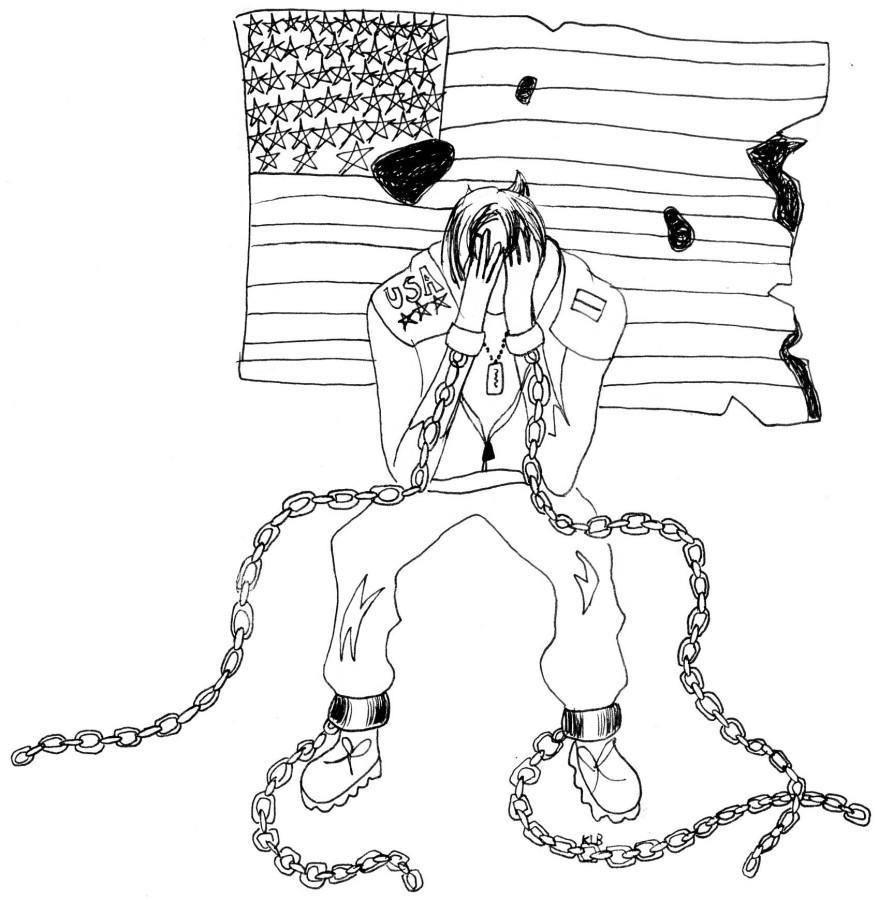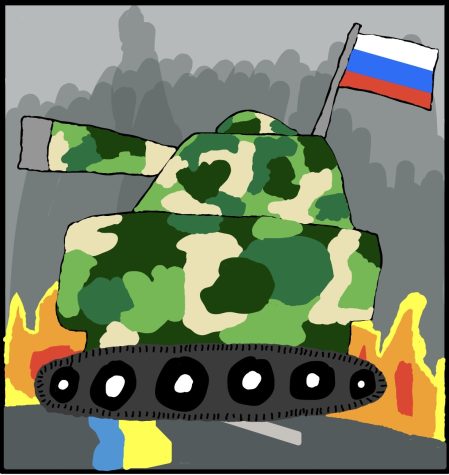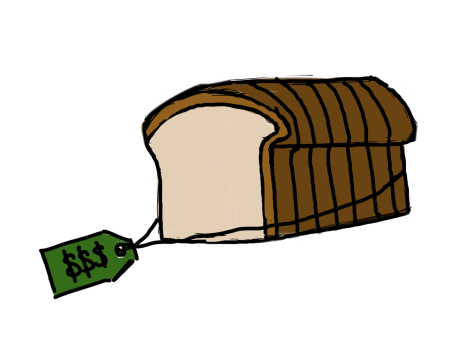Veterans with PTSD facing death row
Stress-disorder-lured veterans commit abominable felonies
Post-traumatic stress disorder (PTSD) is a mental health condition that can emerge after an individual has had exposure to a terrifying incident. Thousands of veterans returning from war are diagnosed with PTSD every year. Only about half of the people who have dealt with PTSD respond to treatment and recover over a period of time. One out of three people who begin to experience symptoms continue to have chronic symptoms during their lifetime. Over 21.8 million men and women have served the United States in the armed forces, and now just about 300 of these veterans are being sentenced to death row. It is obvious that veterans who suffer from his disorder are neglected and their mental scars are overseen as a mere consequence of the war that will soon wear off.
“I don’t believe that veterans should be sentenced to death for crimes that are simply out of their control,” said sophomore Peyton Finnegan. “But, on the other hand, I do think the government should offer some type of aid for the people who have been diagnosed with PTSD.”
The first veteran ever executed for a violent crime was Andrew Brannan, a decorated Vietnam veteran. Not only was he diagnosed with PTSD but he showed signs of serious mental illness which gradually grew worse. When being pulled over by Laurens County Sheriff Deputy Kyle after driving 100 miles per hour on the road, Brannan threw a fit of rage and shot the officer nine times with a rifle that he retrieved from his truck. Several of his lawyers admitted that he had been suffering from post-traumatic stress shortly after returning from the U.S. Army. Court cases that involve veterans with PTSD committing abominable felonies are difficult to resolve because they are judged and their honor is tainted by their bursts of brutality.
“If these veterans have sacrificed their lives for our nation they should be obliged to receive treatment such as therapy or medication,” said sophomore Rebecca Wolf.
Combat in war can lead to an impaired mental capacity because soldiers simply have to deal with the traumatic sights they encounter on a daily basis. It is baffling to realize that PTSD comes in various forms such as depression, regret, anxiety, chronic pain and low self-esteem. Judges and juries fail to comprehend that PTSD is a serious mental and emotional disorder that needs to be taken into account before any verdict is made. Prosecutors are not aware of the psychological repercussions that the toll of the war has on people after they have been exposed to combat.
“Justice is vengeance,” said social studies teacher Mr. Cory Jensen. “Taking a human life is vengeance. It is clear that the mental state of these people has been through unimaginable events. Rehabilitation is vital for these people, not confinement. If you lock them up in a cell, their mentality will grow worse over time.”
Society needs to wake up and come to the conclusion that thousands of veterans are being left behind in the dust.
Your donation will support the student journalists of Saint Viator High School. Your contribution will allow us to purchase equipment and cover our annual website hosting costs.








